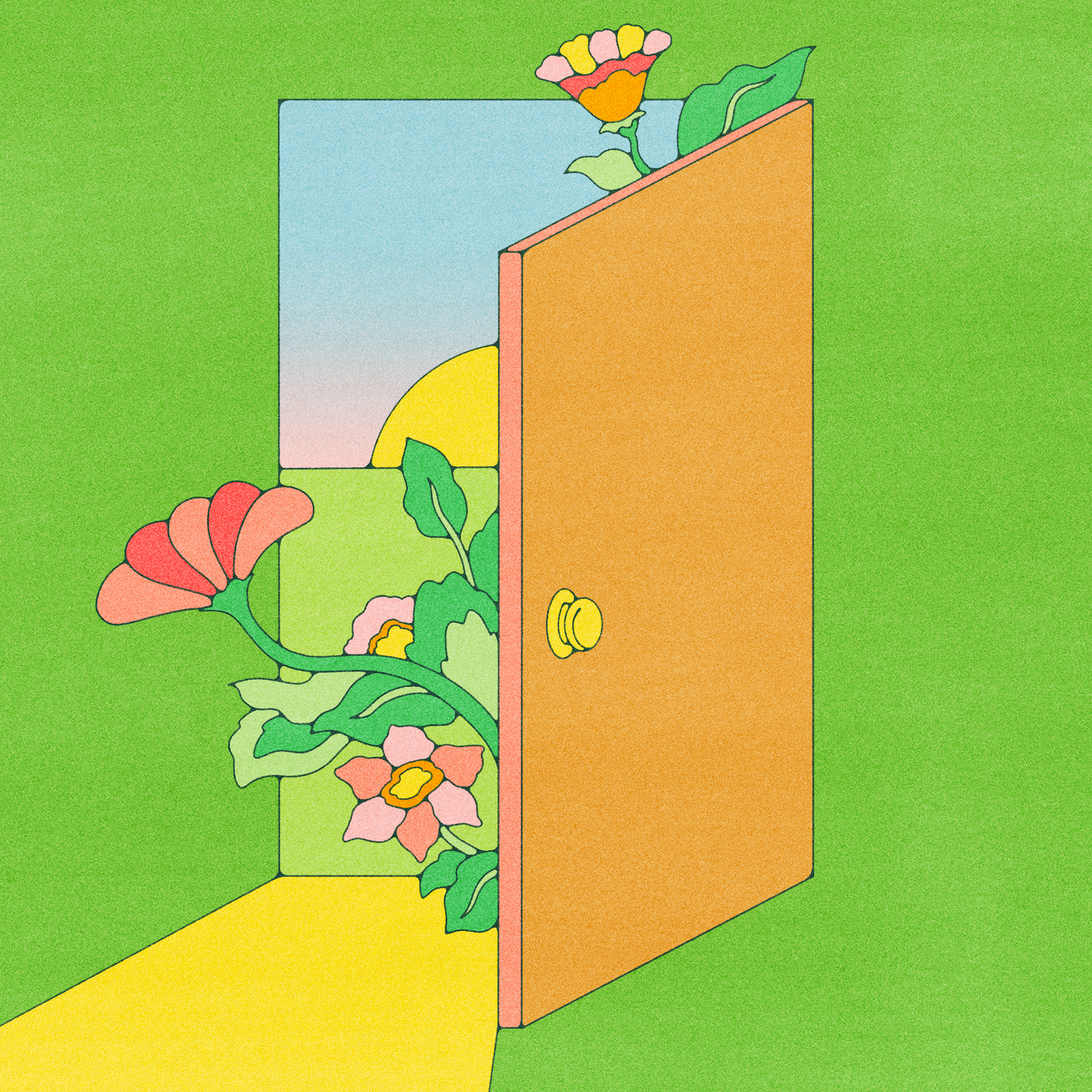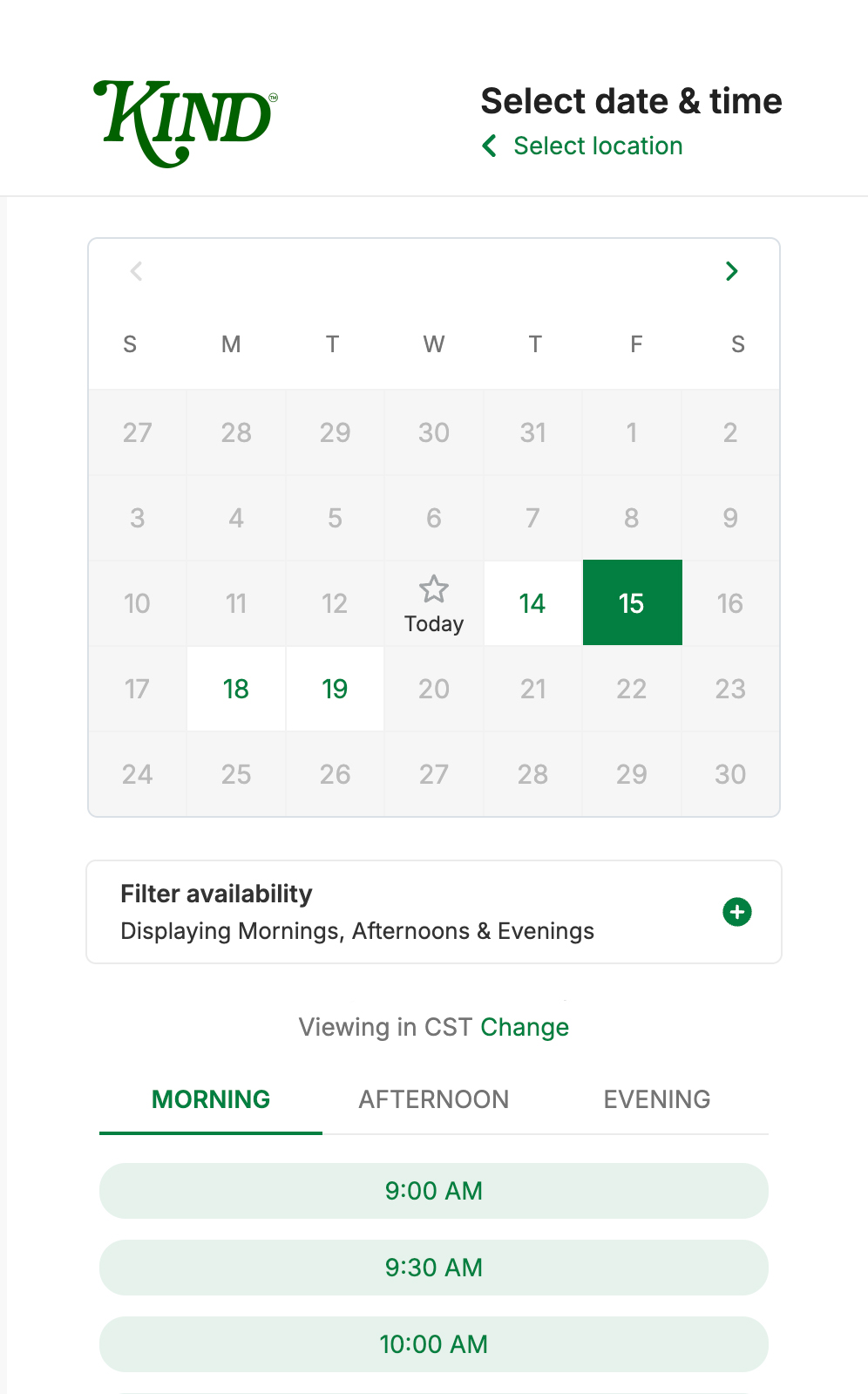Life-changing care for anxiety, depression, & burnout
Kind is a team of professionals dedicated to providing individualized psychiatric care to help you achieve lasting mental wellness.
Kind is a team of professionals dedicated to providing individualized psychiatric care to help you achieve lasting mental wellness.
At Kind Psychiatry, clinical excellence is not just a goal but a steadfast commitment that guides every aspect of our care. Our team of highly trained psychiatrists and psychiatric nurse practitioners is dedicated to delivering evidence-based, compassionate, and personalized care for each individual. By leveraging cutting-edge research, advanced diagnostic tools, and an unwavering focus on patient well-being, we strive to provide treatment plans tailored to each person’s unique needs and circumstances. Whether addressing anxiety, depression, ADHD, or other mental health challenges, we ensure every decision is grounded in best practices and the latest advancements in the field of psychiatry.
As an online provider, Kind Psychiatry marries convenience with quality, enabling patients to access top-tier mental health care from the comfort of their homes. Our virtual platform ensures seamless communication and continuity of care while maintaining the highest standards of privacy and professionalism. Through ongoing professional development, rigorous quality assurance, and a deep commitment to understanding each patient’s journey, we continually set the bar for exceptional psychiatric care. At Kind Psychiatry, clinical excellence means more than just meeting standards—it means exceeding them to transform lives.

Kind Psychiatry offers comprehensive care for a wide range of mental health conditions, providing support tailored to each individual’s needs. Our skilled team treats common conditions such as anxiety, depression, and ADHD, helping patients navigate the challenges these issues bring while fostering resilience and well-being. We also specialize in managing complex disorders like bipolar disorder, obsessive-compulsive disorder (OCD), and post-traumatic stress disorder (PTSD), offering evidence-based approaches to empower individuals in their journey toward recovery and stability.
In addition to addressing mood and anxiety disorders, Kind Psychiatry provides care for conditions such as insomnia, adjustment disorders, and personality challenges. Our providers are also experienced in helping patients manage the emotional toll of life transitions, grief, and stress-related concerns. Through our online platform, we make it easier than ever to access expert psychiatric care, giving patients the tools they need to thrive and reclaim control over their mental health. At Kind Psychiatry, we treat not just symptoms but the whole person, with compassion and expertise.


To get started, give us a call at (214) 717-5884 or schedule an appointment online. It’s easy to get setup on our online portal, upload any necessary insurance documentation, and schedule an appointment time that works best for you.

Connect with your psychiatric provider through live sessions scheduled at a time that works best for you. Kind offers a simple, affordable, and convenient way to access quality mental health care.

Experience personalized mental health support with flexible, ongoing psychiatric care tailored to your needs. Access appointments conveniently from home or in-office, ensuring consistent care for a healthier you.
Kind Health is here for you.

Find answers on all things at Kind.